Meet Brian Li: CHL Lab Manager, East Asian Language Enthusiast and History Nerd
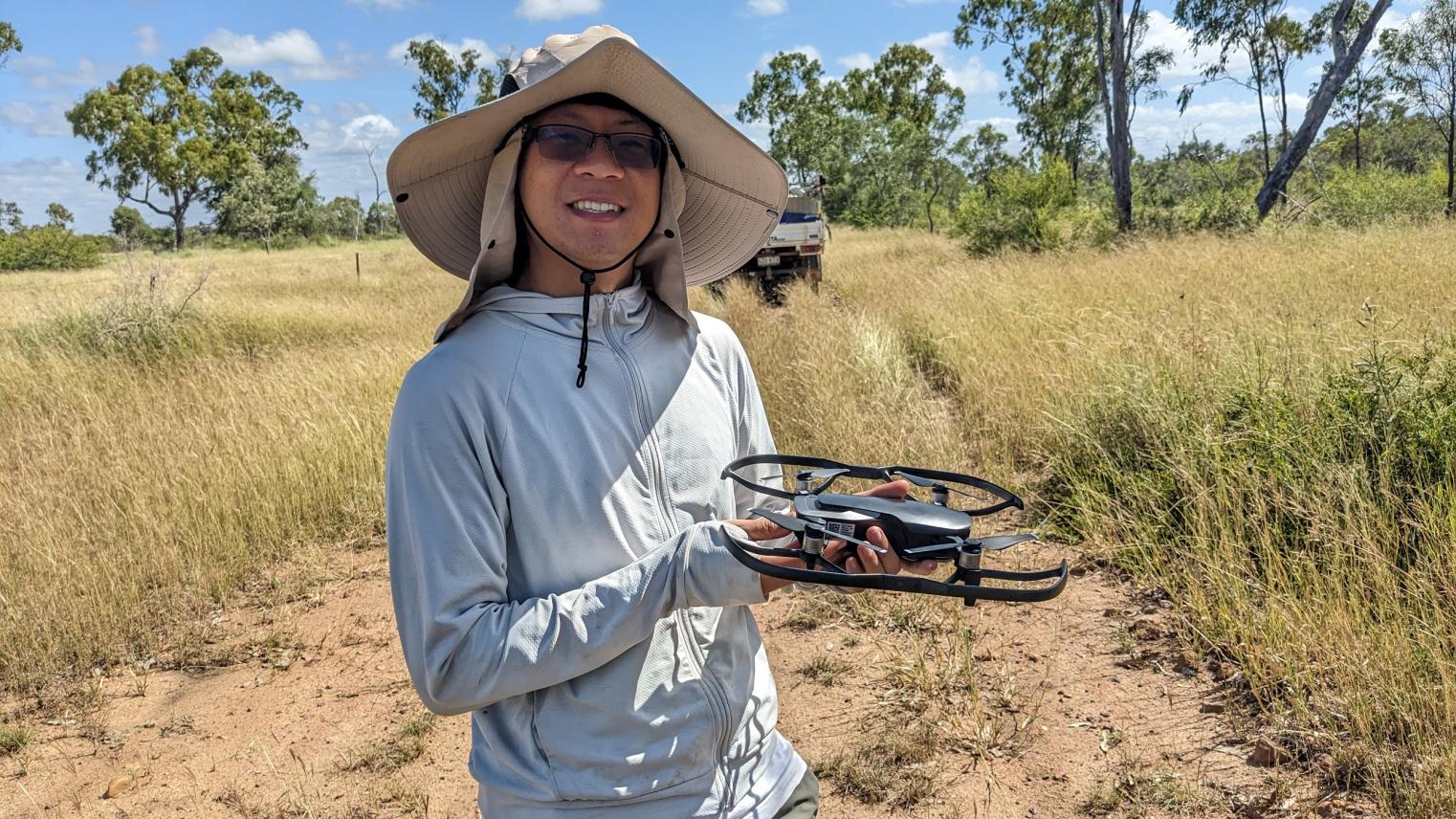
I am an enthusiast in East Asian languages, histories and cultures, so to be able to meet so many academic and professional staff and students who are specialists in various area studies in East Asia is a real highlights for me at ANU. The other major perk, in my capacity as a research officer in the Department of Archaeology and Natural History, is the opportunity to travel to places in Australia I would not have otherwise been able to visit.
When Brian returned to Australia from Hong Kong in 2011, he came to ANU to study—wait for this— a BA/BSci double degree in archaeology, biological anthropology, forensic anthropology, and climate science and policy. In his own words, “Yes, I am greedy and indecisive!”
And he wasn’t done; he next went on to complete his Masters in Archaeological Science in 2017. In the same year, Brian received a scholarship Korean Government Scholarship Program (KGSP), now known as GKS (Global Korea Scholarship), to pursue doctoral studies in Korean archaeology and archaeobotany, which he completed in 2022.
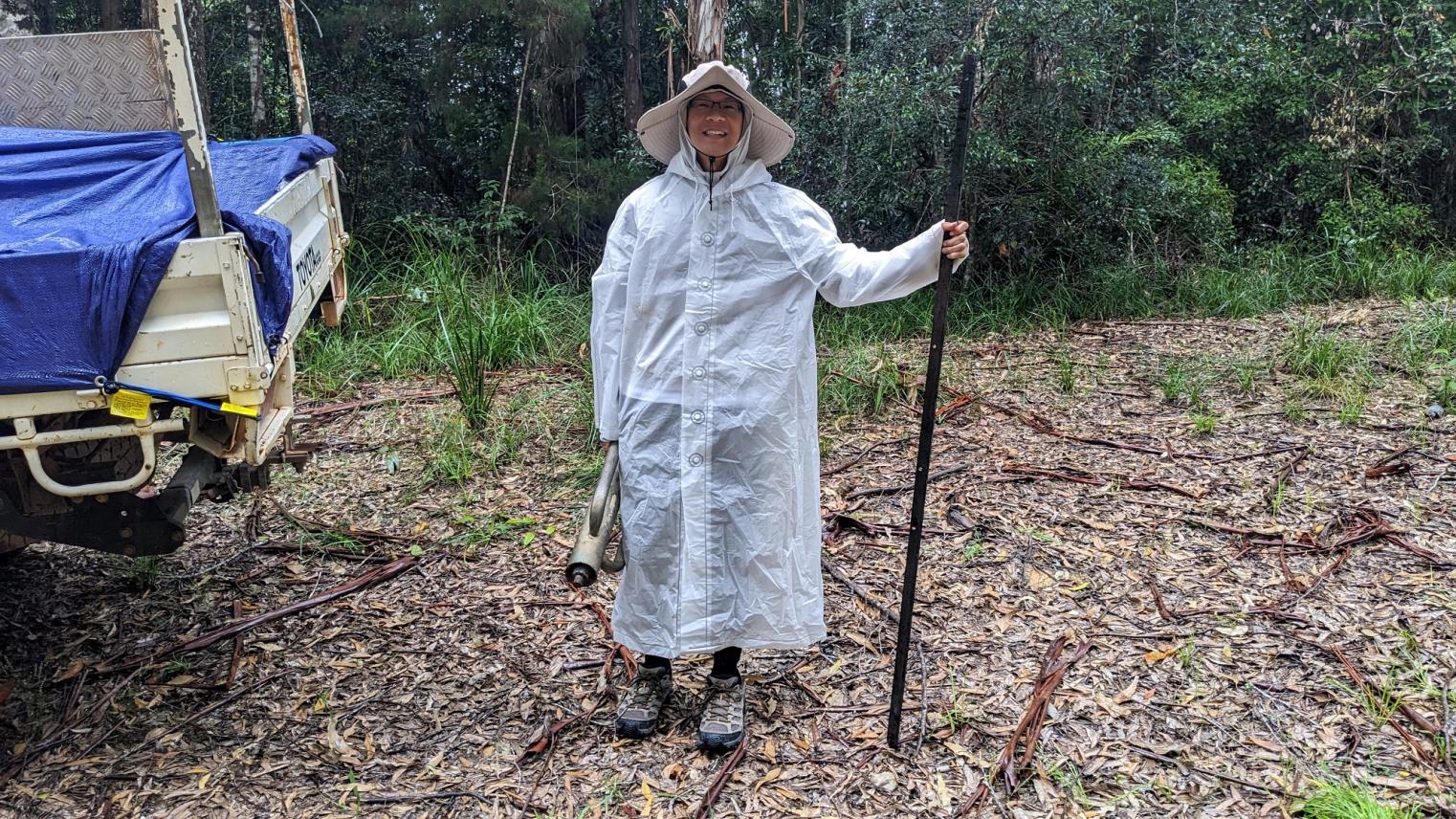
Multiple Pathways
Currently, Brian is taking a break from the world of academia and writing, with the possibility that he may never return to fulltime academia.
I may or may not enter academia after this break. I have come to realise that I do not have to be in academia to pursue my intellectual interests. I would still like to do ‘armchair’ research, and perhaps write some papers, in my free time. With detailed excavation reports increasingly accessible online, at least in Korean archaeology, the bottleneck of research output is less restricted by the access to data but more so by finding innovative and scientifically robust ways to process and analyse them.
According to Brian, the HDR journey is not only one of vocational training but also a continuous process of vocational discernment. While becoming an academic is one of the most obvious career outcomes, it is not the only possible pathway that is open to HDR students. Work hard on your doctoral studies, of course, but understand that there is more than one possible and viable outcome.
So, what's Brian’s advice to anyone overseas who may be keen to pursue higher degree studies here?
Enjoy your stay here if you are from overseas, make use of the formal and informal opportunities available to you both on and off campus, and make connections with people who you may not otherwise encounter. If you feel comfortable enough, take genuine interest in the people around you, you’d be surprised how many doorways are waiting for you to open.
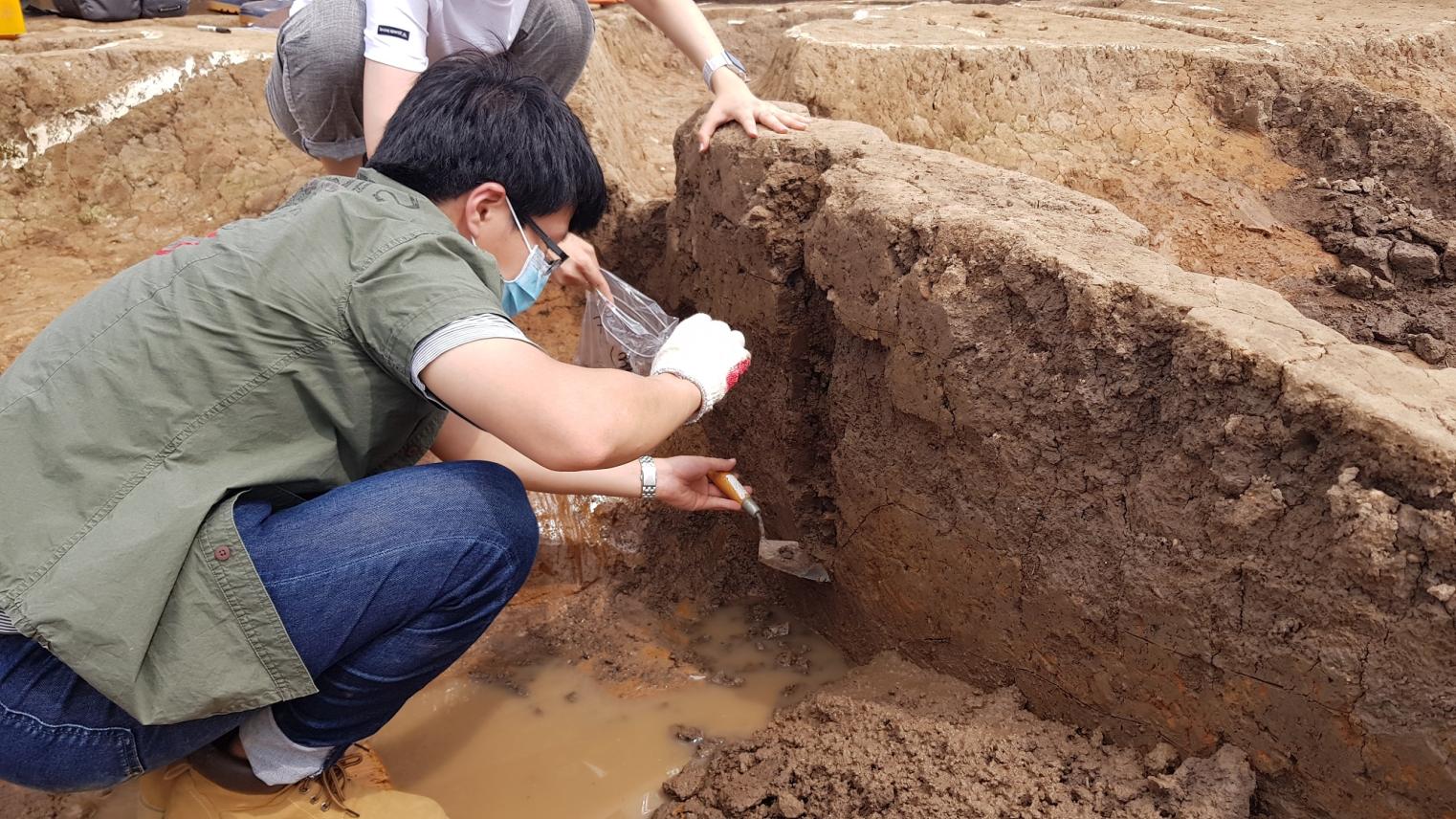
Brian the Lab Professional
Brian is the CHL ANH Laboratory Manager, Quarantine Matters Coordinator, and the overall WHS contact at the School level. As part of his role, he provides inductions to all new staff and students at CHL and laboratory inductions to laboratory users in the Archaeology and Natural History department.
He also offers advisory risk assessment services to all staff and students undertaking fieldwork and overseas business and research travels. This includes helping them complete requisite paperwork for fieldwork travel purposes.
Brian is also trained as an OSLO assessor, so conducting workstation assessments and providing support for staff and students to prevent and address occupational stress is another aspect of his role.
Travel Enthusiast
Brian is truly loving the exposure he’s getting on fieldwork excursions. His wackiest field trip so far was his most recent one to the Flinders Ranges in South Australia. This fieldtrip transported him to the outback, which was a very new experience.
The most interesting for me are the small country towns across inland Australia, which are vastly different from the major cities (including Canberra!). Residents and visitors in these small towns are so open to casually chatting with you, and you do often get useful information from small talk. This is probably how things worked before the age of internet and mass media, where information and news spread by word of mouth in bakeries and community halls. It made me realise how the mode of information exchange between individuals has changed drastically in the last few decades. This, to me, is an unexpected cultural experience in an otherwise mostly scientific space.
As far his ‘dream fieldtrip’ goes, this archaeologist and East Asian enthusiast hopes to one day visit the region to participate in excavations and visit historic structures, share meals with the local community (and maybe with a few sips of the local liquor), learn their languages and join in their festivities and customs.
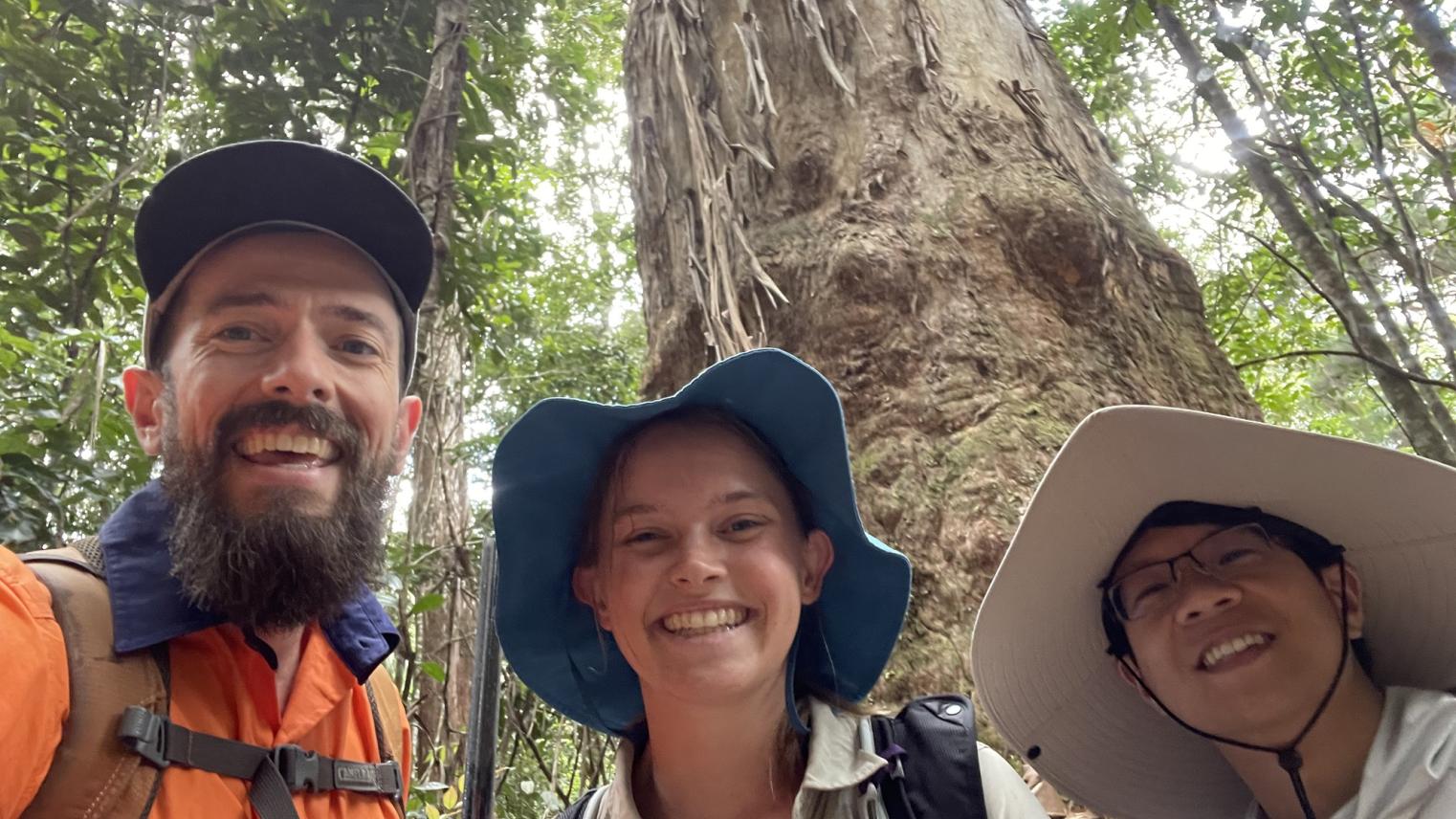
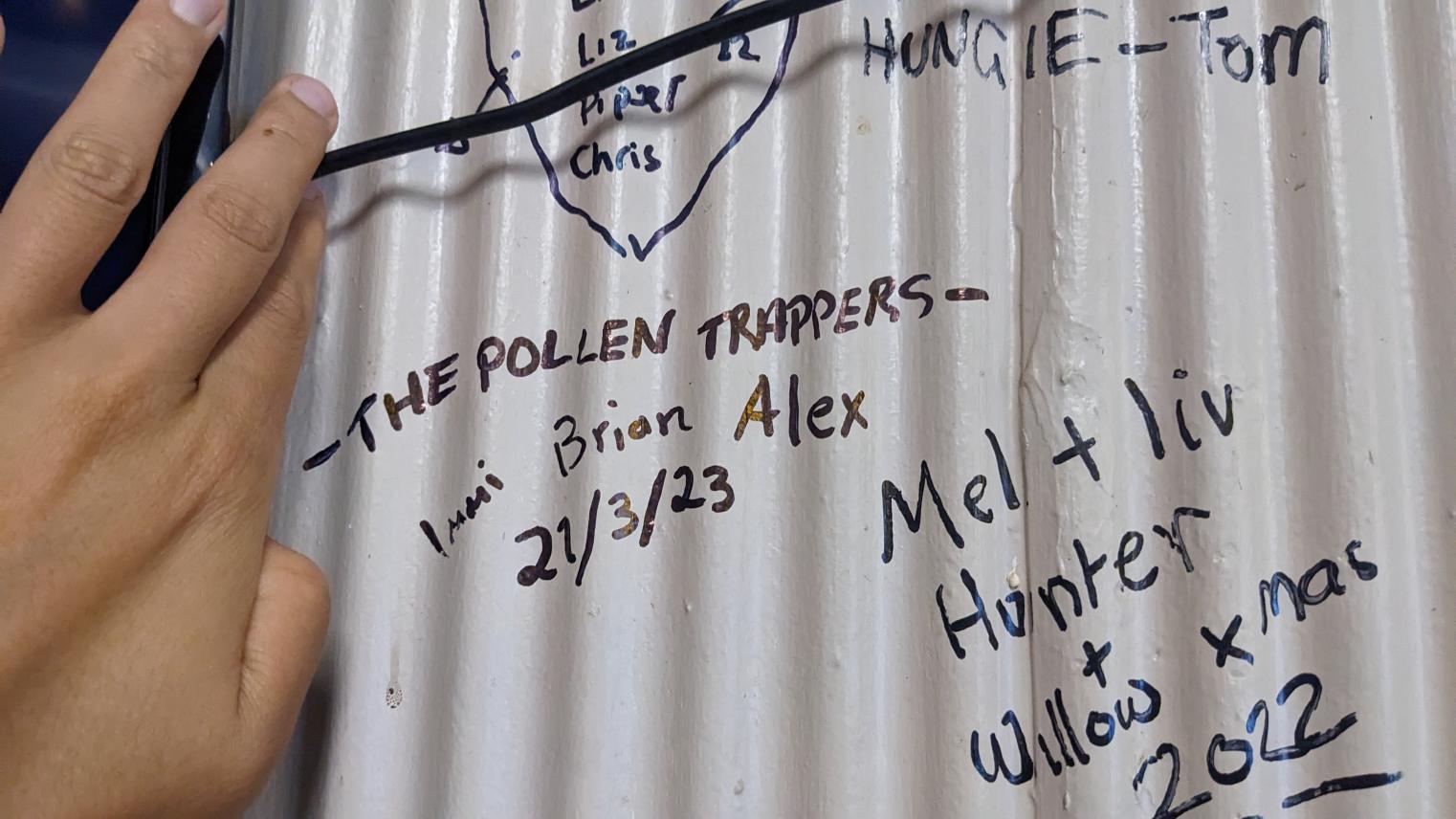
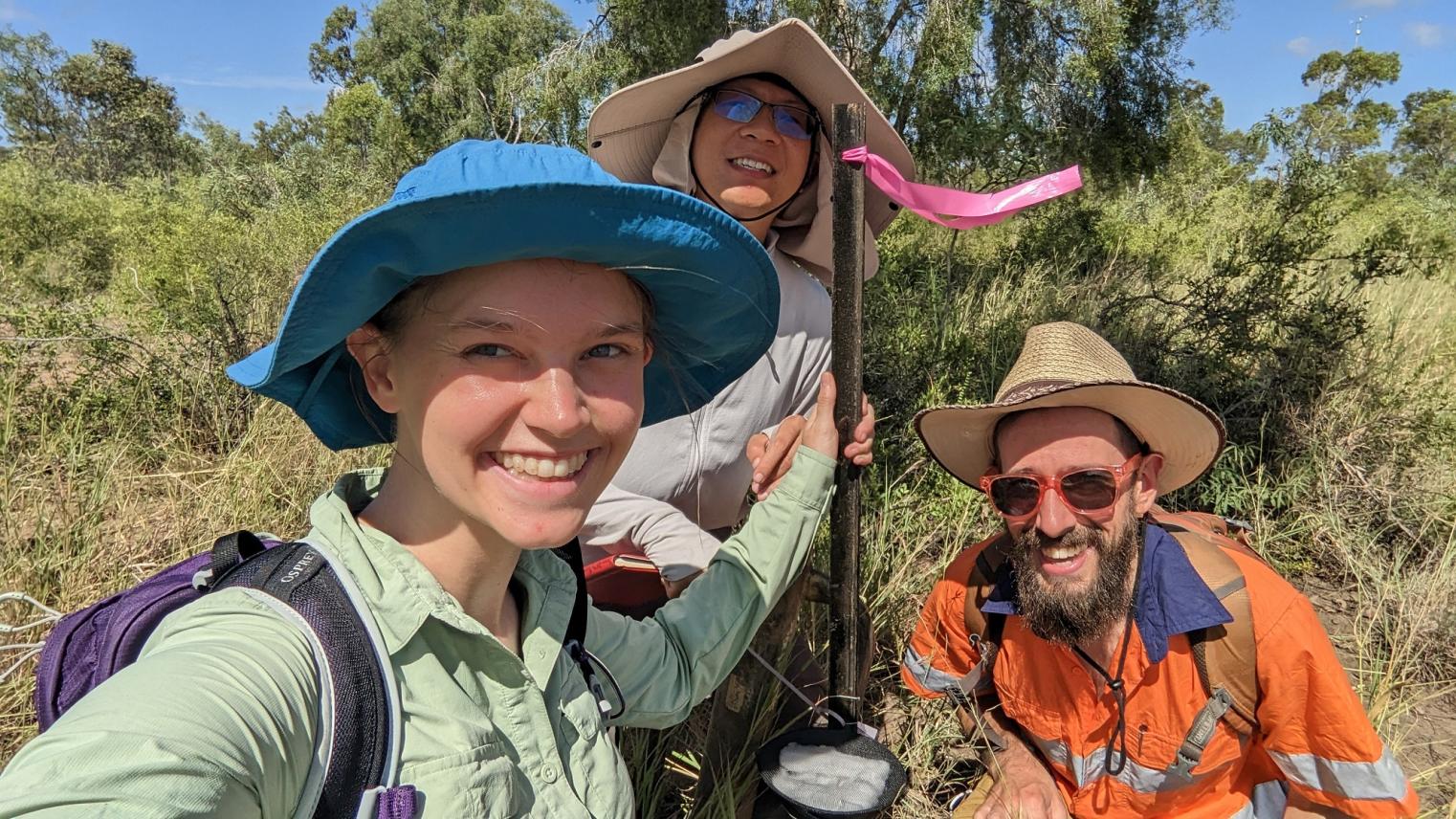
Hidden Talents
And when Brian is not working or being a study nerd, he continues to strengthen his language proficiency (that’s still studying, Brian!) by joining language study groups and watching Japanese and Korean dramas and movies!
Growing up in Hong Kong and having spent five years in Korea, he enjoys some occasional karaoke, and he also plays the piano casually, mainly from his favourite anime and movie original soundtracks. And last but not the least, he is apparently “mildly useful” for history and geography questions on a pub trivia night!